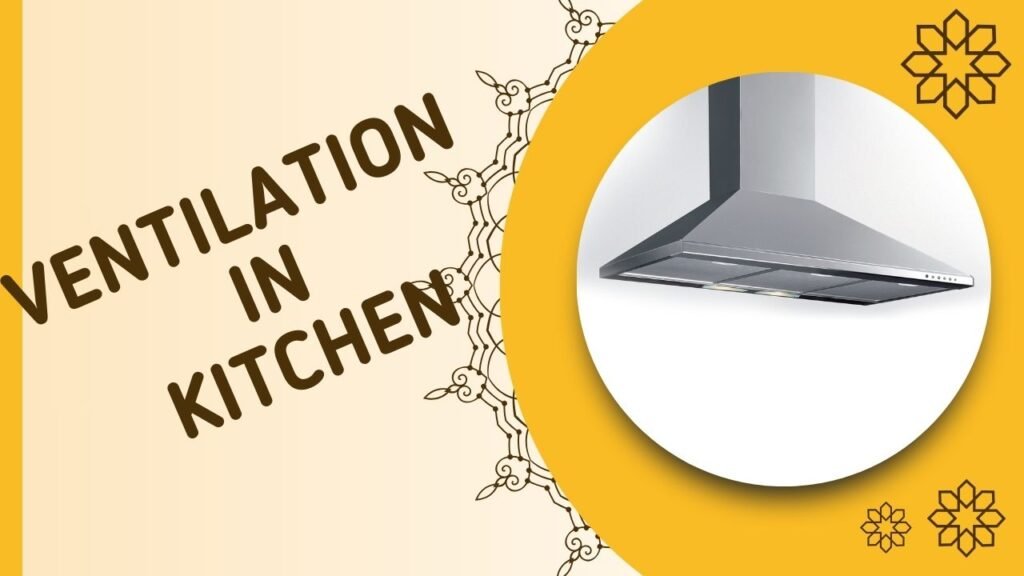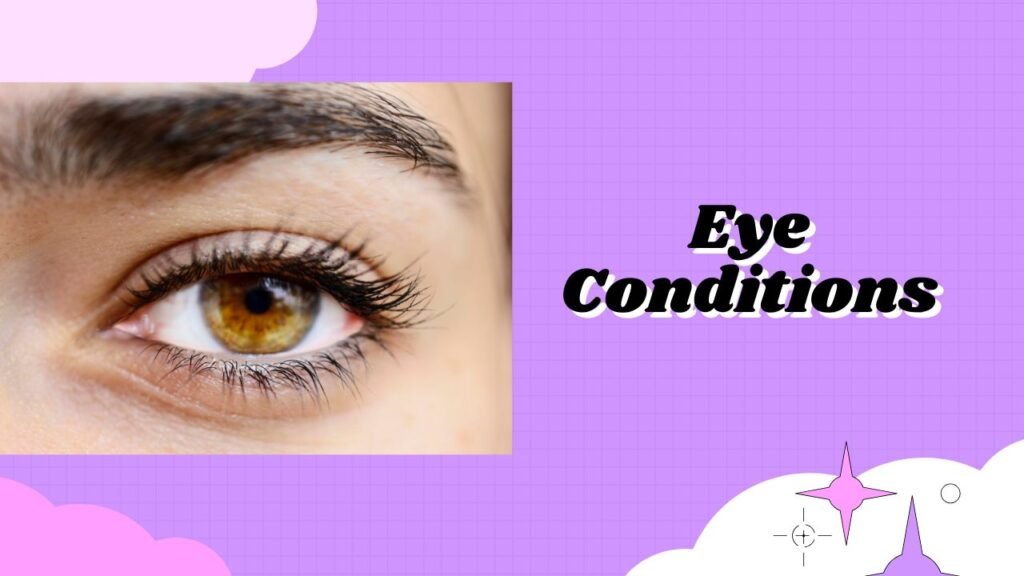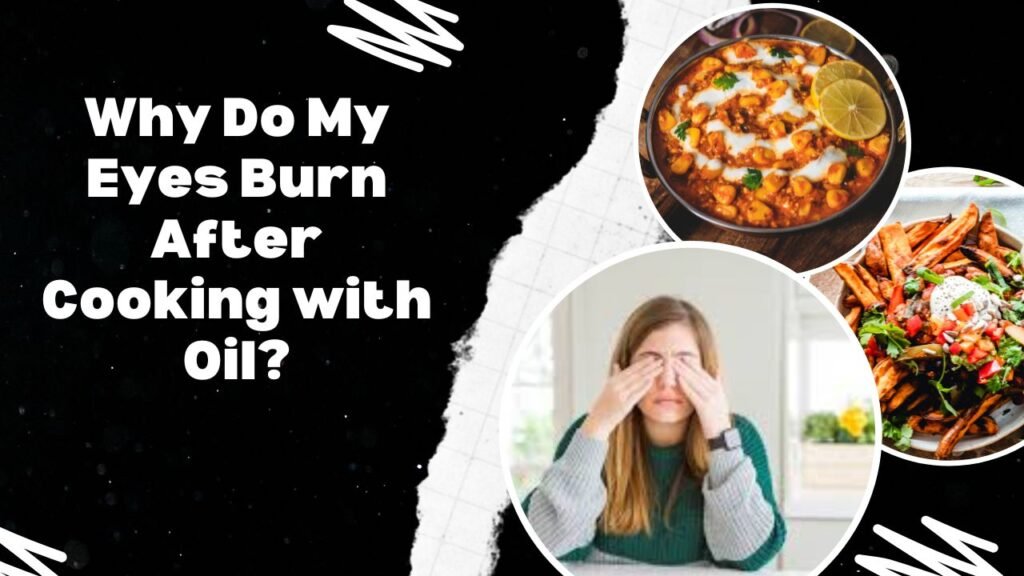Have you ever stood in your kitchen, happily frying up a delicious meal, only to find your eyes stinging and watering uncontrollably? Why do my eyes burn after cooking with oil is a common question many home chefs ask. This burning sensation can turn a pleasant cooking experience into an uncomfortable ordeal. Let’s dive deep into the reasons behind this phenomenon and explore ways to prevent it, ensuring your culinary adventures remain enjoyable and tear-free.
Understanding the Burning Sensation
Cooking with oil, especially at high temperatures, releases various compounds that can irritate your eyes. But why exactly does this happen?
The Science Behind It
When oil is heated beyond its smoke point, it starts to break down, releasing volatile compounds such as:
- Acrolein: A pungent, eye-irritating gas formed when glycerol decomposes.
- Polycyclic Aromatic Hydrocarbons (PAHs): These compounds can irritate mucous membranes, including those in your eyes.
- Aerosols and Fine Particles: Tiny droplets of oil and particles suspended in the air can come into contact with your eyes, causing irritation.
Common Culprits
- High Heat Cooking: Frying, sautéing, and deep-frying often involve temperatures that exceed oil’s smoke point.
- Poor Ventilation: Without adequate airflow, irritants accumulate in the kitchen.
- Type of Oil Used: Some oils have lower smoke points and are more likely to release irritating compounds when heated.
Factors Contributing to Eye Irritation
Several factors can influence the extent to which cooking oil affects your eyes.
1. Type of Oil
Different oils have varying smoke points and chemical compositions. For instance:
| Oil Type | Smoke Point (°F) | Common Uses |
|---|---|---|
| Olive Oil | 375-405 | Sautéing, light frying |
| Canola Oil | 400-450 | Frying, baking |
| Vegetable Oil | 400-450 | Deep-frying, stir-frying |
| Peanut Oil | 450 | High-heat frying |
| Coconut Oil | 350-385 | Baking, medium-heat cooking |
Olive oil, with a lower smoke point, is more likely to produce eye-irritating fumes if overheated compared to peanut oil, which withstands higher temperatures.
2. Cooking Temperature
Cooking oils have specific temperature thresholds. Exceeding these can lead to the formation of irritating compounds.
- Below Smoke Point: Oils are stable, minimal fumes.
- At Smoke Point: Visible smoke, start of compound breakdown.
- Above Smoke Point: Significant breakdown, high levels of irritants.

3. Ventilation
Proper ventilation disperses fumes, reducing the concentration of eye-irritating compounds.
- Good Ventilation: Use of range hoods, open windows.
- Poor Ventilation: Trapped fumes increase irritation risk.
4. Duration of Exposure
Longer cooking times at high temperatures can lead to greater accumulation of irritants in the air.
Preventing Eye Irritation While Cooking
Now that we understand why our eyes burn after cooking with oil, let’s explore practical tips to prevent it.
1. Choose the Right Oil
Opt for oils with higher smoke points when cooking at high temperatures.
- Best Choices: Peanut oil, avocado oil, grapeseed oil.
- Avoid When High Heat: Extra virgin olive oil, flaxseed oil.
2. Control Cooking Temperature
Use a thermometer to monitor oil temperature, ensuring it stays below the smoke point.
- Medium Heat: Suitable for sautéing and stir-frying.
- High Heat: Reserved for deep-frying with appropriate oils.
3. Enhance Kitchen Ventilation
Improve airflow to disperse fumes effectively.
- Use Range Hoods: Ensure they are vented outside.
- Open Windows and Doors: Create cross-ventilation.
- Use Fans: Position them to direct fumes outwards.
4. Cover Your Pan
Using lids or splatter screens can trap some fumes and reduce their spread.
- Splatter Screens: Prevent oil droplets and some vapors from escaping.
- Partial Lids: Allow steam to escape while containing larger particles.
5. Add Aromatics
Ingredients like onions, garlic, and herbs can mask and absorb some irritating compounds.
- Flavor Boosters: Enhance taste while reducing irritation.
- Aromatic Absorption: Certain ingredients can bind with irritants.
6. Take Breaks and Step Away
If irritation occurs, take a moment to step away from the cooking area to alleviate symptoms.
The Role of Personal Sensitivities
Individual sensitivities to fumes can vary, making some people more prone to eye irritation.
Allergies and Astigmatism
- Allergic Reactions: Some individuals may have heightened sensitivity or allergies to specific compounds released during cooking.
- Astigmatism: Eye shape irregularities can make eyes more susceptible to irritation from airborne particles.

Pre-existing Eye Conditions
Conditions like dry eyes or conjunctivitis can exacerbate the burning sensation when exposed to cooking fumes.
Table: Common Eye Irritation Symptoms and Remedies
| Symptom | Possible Cause | Remedy |
|---|---|---|
| Stinging or burning | Acrolein and other volatile compounds | Improve ventilation, step away |
| Watery eyes | Irritants stimulating tear production | Use artificial tears, blink frequently |
| Redness | Blood vessel dilation due to irritation | Apply cold compress, rinse eyes |
| Itchy eyes | Allergic response or irritation | Avoid allergens, use antihistamines |
| Blurred vision | Excessive tearing or irritation | Pause cooking, rinse eyes gently |
FAQs: Addressing Common Concerns
1. Can switching to a different cooking method help reduce eye irritation?
Absolutely! Methods like baking, steaming, or using a slow cooker generate fewer fumes compared to frying or sautéing. These techniques can minimize the release of irritating compounds.
2. Are there any specific kitchen appliances that can help prevent eye irritation?
Yes, using a high-quality range hood with a good filtration system is crucial. Additionally, air purifiers with HEPA filters can help remove airborne particles, reducing irritation.
3. Is it safe to continue cooking if my eyes burn?
While occasional irritation is usually harmless, persistent burning can indicate high levels of harmful compounds. It’s advisable to address ventilation and cooking practices to ensure a safe cooking environment.
4. Can certain spices or herbs help reduce eye irritation?
Spices and herbs can mask odors and potentially absorb some irritants. Adding ingredients like onions, garlic, or ginger not only enhances flavor but may also help mitigate irritation.
5. How can I clean my kitchen to reduce lingering fumes?
Regularly clean surfaces, especially around the stove, to remove oil residues that can contribute to fumes. Using vinegar and water solutions can effectively eliminate lingering smells and particles.
Personal Tips for a Tear-Free Cooking Experience
Cooking should be a joy, not a source of discomfort. Here are some personal tips to keep your eyes safe while frying up a storm:
- Invest in a Good Range Hood: It’s worth the investment for a healthier kitchen environment.
- Monitor Oil Temperature: A kitchen thermometer can be your best friend in preventing overheating.
- Use a Splatter Guard: It’s a simple tool that can make a big difference.
- Take Breaks: Don’t be afraid to step away if things get too steamy.
- Stay Hydrated: Keeping your body hydrated can help reduce eye dryness, making irritation less severe.
The Environmental Impact
Beyond personal discomfort, burning oil can have broader environmental implications.
Air Quality Concerns
Cooking fumes contribute to indoor air pollution, which can have long-term health effects, especially in poorly ventilated spaces.
Sustainable Cooking Practices
Adopting eco-friendly cooking methods not only protects your eyes but also benefits the environment. Opt for energy-efficient appliances and sustainable oil choices to minimize your carbon footprint.
Comparing Cooking Oils: A Quick Guide
Choosing the right oil can make a significant difference in both your cooking and comfort levels.
| Oil Type | Smoke Point (°F) | Flavor Profile | Best For |
|---|---|---|---|
| Extra Virgin Olive Oil | 375-405 | Fruity, robust | Low to medium-heat cooking |
| Canola Oil | 400-450 | Neutral | Frying, baking, sautéing |
| Vegetable Oil | 400-450 | Neutral | Deep-frying, stir-frying |
| Peanut Oil | 450 | Mild, nutty | High-heat frying, stir-frying |
| Avocado Oil | 520 | Mild, buttery | High-heat cooking, grilling |
Peanut oil and avocado oil are excellent choices for high-heat cooking, producing fewer irritating fumes compared to oils with lower smoke points.
Step-by-Step Guide to Minimizing Eye Irritation
Follow these steps to ensure a comfortable cooking experience:
- Select the Right Oil: Choose oils with high smoke points for high-temperature cooking.
- Preheat Properly: Gradually heat the oil to prevent sudden breakdown.
- Use Adequate Ventilation: Turn on range hoods and open windows before cooking.
- Monitor Cooking Temperature: Keep an eye on the heat to stay below the smoke point.
- Add Aromatics Early: Incorporate onions, garlic, or herbs to help absorb irritants.
- Clean as You Go: Remove oil spills promptly to prevent lingering fumes.
- Take Breaks: Step away periodically to reduce prolonged exposure to fumes.
The Role of Technology in Modern Kitchens
Modern kitchen appliances and technologies can significantly reduce the discomfort caused by cooking fumes.
Advanced Range Hoods
Many new range hoods come with:
- High-Efficiency Filters: Capture more particles and reduce odors.
- Smart Controls: Automatically adjust ventilation based on cooking activity.
- Quiet Operation: Ensures effective ventilation without loud noise.
Air Purifiers
Integrating air purifiers with HEPA filters into your kitchen can help:
- Remove Particles: Effectively capture fine oil droplets and particles.
- Eliminate Odors: Reduce lingering smells from cooking.
- Improve Overall Air Quality: Enhance the healthiness of your kitchen environment.
Smart Thermometers
Using smart thermometers allows for precise temperature control, preventing oil from overheating and minimizing the release of irritants.
Embracing Alternative Cooking Methods
Exploring different cooking techniques can not only protect your eyes but also expand your culinary repertoire.
Baking and Roasting
These methods require less oil and produce fewer fumes, making them ideal for healthier and more comfortable cooking.
Steaming
Steaming vegetables, meats, and grains retains nutrients and avoids the use of oils altogether, eliminating the risk of eye irritation.
Sous Vide
Cooking sous vide involves vacuum-sealing food and immersing it in a temperature-controlled water bath, minimizing exposure to high heat and fumes.
Final Thoughts
Why do my eyes burn after cooking with oil is a question rooted in the chemistry of cooking and the dynamics of kitchen environments. By understanding the underlying causes—from oil types and cooking temperatures to ventilation—you can take proactive steps to prevent discomfort. Whether it’s choosing the right oil, enhancing your kitchen’s airflow, or adopting alternative cooking methods, there are numerous strategies to ensure your cooking remains a pleasurable and tear-free experience.
Remember, a well-ventilated kitchen and mindful cooking practices are your best allies in keeping those eyes happy while you whip up your favorite dishes. So next time you feel a sting while cooking, you’ll know exactly why and how to keep those tears at bay.
Frequently Asked Questions (FAQs)
1. Can the type of stove affect eye irritation when cooking with oil?
Yes, gas stoves tend to release more moisture and fumes compared to electric or induction stoves. Induction stoves, in particular, produce less airborne particles, potentially reducing eye irritation.
2. Is there a way to neutralize fumes without increasing ventilation?
While improving ventilation is the most effective method, using air purifiers or placing a bowl of vinegar near the cooking area can help absorb some fumes and odors.
3. Do certain cooking techniques produce fewer irritants?
Yes, techniques like stir-frying at controlled temperatures or using lower heat can minimize the release of irritating compounds. Additionally, methods that require less oil, such as grilling or baking, also reduce fumes.
4. Are there any natural remedies to soothe burning eyes after cooking?
Rinsing your eyes with cool water, using artificial tears, or applying a cold compress can provide immediate relief from irritation and burning sensations.
5. How often should I clean my kitchen ventilation system?
Regular maintenance is key. It’s recommended to clean your range hood filters every month and have a professional inspection annually to ensure optimal performance.


